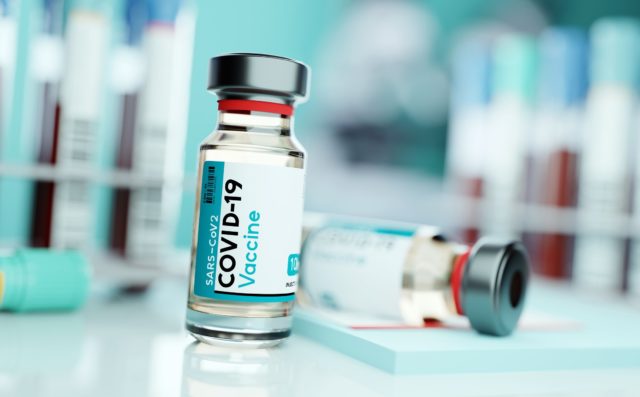
In the pandemic’s second year, Pfizer and Moderna’s mRNA vaccines largely reign supreme. In new European purchase agreements, the companies are charging more for their doses.
Pfizer and Moderna have both raised the price of their mRNA-based COVID-19 vaccines in Europe, The Financial Times first reported. Pfizer’s shot will cost €19.50 ($23.15) per dose under a new supply deal, while Moderna will charge $25.50 per dose in its own agreement, according to documents seen by the newspaper.
In new supply deals, Pfizer sold up to 1.8 billion doses of its BioNTech-partnered vaccine in May, while Moderna in June pledged another 150 million doses to the bloc for 2022.
Pfizer’s vaccine previously cost €15.50, Financial Times said. Pfizer and BioNTech are using tiered pricing to supply their vaccine, a company spokesperson said over email, citing comments Pfizer’s CEO Albert Bourla made in May at the European Commission’s Global Health Pre-Summit.
RELATED: Pfizer-BioNTech sign on to provide 200M more COVID-19 vaccine doses to the U.S.
Under the system, wealthier countries pay “about the cost of a takeaway meal for each dose,” while middle-income countries pay roughly half that price, the CEO said at the time. Meanwhile, Pfizer aims to provide its shot in lower-income countries at cost, he added.
“We took this approach because we believe that equity doesn’t mean we give everyone the same,” Bourla said.
For its part, Moderna’s vaccine cost about €19 ($22.60) under its first purchase order, Financial Times said, citing people close to the deal. The new $25.50-per-dose price tag is lower than a previously agreed $28.50 because Moderna’s order has grown, FT said, citing an unnamed European official.
Moderna did not immediately reply to Fierce Pharma’s request for comment.
Under Pfizer’s most recent supply deal with the bloc, the company will deliver a mammoth 1.8 billion doses of the BioNTech-partnered shot through 2023. The partners aim to start providing 900 million doses in December 2021, with an option for Europe to pick up another 900 million doses in the future. Apart from that pact, Pfizer and BioNTech have pledged another 600 million doses to Europe for 2021.
The May contract requires that all EU-bound doses be made in the bloc. Worldwide, Pfizer and BioNTech have predicted they can manufacture 3 billion doses by the end of 2021 and deliver 2.1 billion of them.
Meanwhile, Moderna in June sold another 150 million doses of its shot to Europe, bringing the bloc’s total order up to 460 million doses. The deal will allow Europe to get its hands on Moderna’s investigational booster shot assuming it passes muster with regulators there. The biotech says it aims to start delivering its variant booster in 2022.
First to market in many countries—and armed with a growing body of evidence that mRNA shots are more effective than their adenovirus-based rivals—Pfizer and Moderna’ shots could deliver more than $30 billion and $15 billion in near-term sales, respectively.
Pfizer last week raised its 2021 COVID-19 vaccine revenue forecast from $26 billion to $33.5 billion. CEO Bourla, speaking on a call with investors, said Pfizer’s 2022 production capacity could hit 4 billion doses, though he admitted it’s “very early to speak” about sales expectations for next year.
Moderna could deliver $15 billion in 2022 revenue, with an upper limit of $30 billion, Jefferies analysts have said. The biotech’s overall success will hinge on the trajectory of the pandemic and whether the company can produce future products such as a combination shot against COVID-19 and the flu, they added.
While booster shots offer a promising channel for the companies to keep their pandemic revenues rolling, health officials in the U.S. haven’t issued firm guidance on the subject. Late last month, the CDC punted the issue to the FDA during a meeting of the organization’s Advisory Committee on Immunization Practices (ACIP).






